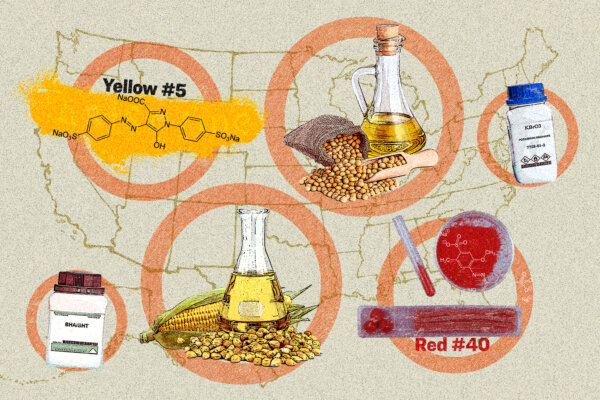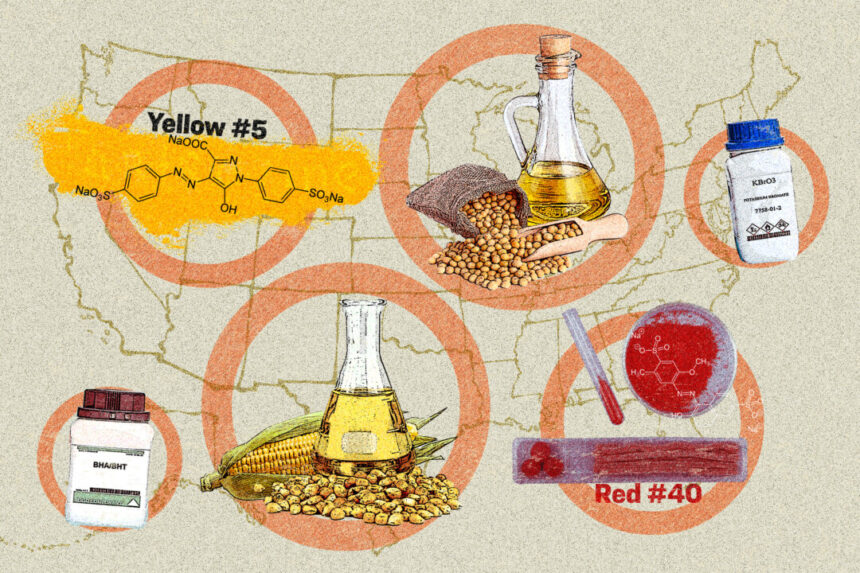
Robert F. Kennedy Jr., former presidential candidate, has raised concerns about the American diet, linking it to increased healthcare costs for chronic diseases and shorter lifespans. He noted that Americans have a life expectancy five years shorter than other developed nations, with 50 to 70 percent of the American diet comprising ultra-processed foods.
Many food additives and ingredients used in the United States are already restricted or banned in Europe. As the nominated Secretary of Health and Human Services under the Trump administration, Kennedy will oversee 80 percent of the country’s food supply, as well as cosmetics, drugs, and pharmaceutical products.
Key food ingredients that Kennedy has scrutinized include high fructose corn syrup, seed oils, and food dye. These ingredients have been linked to various health concerns, prompting discussions on their exclusion from the American diet.
High Fructose Corn Syrup
Kennedy has highlighted the risks associated with high fructose corn syrup (HFCS), the most common sweetener in American processed foods. While approved for use in both the EU and the United States, HFCS in Europe is used in a modified form called isoglucose, with a lower fructose content compared to American HFCS.
Research has shown that HFCS consumption in the late 20th century coincided with the rise of obesity in the 1980s. Studies have also linked HFCS to weight gain, fatty liver disease, and an increased prevalence of Type 2 diabetes.
Seed Oils
Kennedy has criticized the widespread consumption of processed vegetable oils, known as “seed oils.” While these oils are approved by the FDA as Generally Recognized as Safe (GRAS), concerns have been raised about their potential health risks, including oxidative damage and an imbalance of omega-6 fatty acids.
Synthetic Food Dyes
Synthetic food dyes, commonly used in American foods, have been associated with behavioral problems like ADHD and cancer. These dyes, made from petroleum, are cheaper and more durable than natural alternatives used in other countries.
Other Additives Used in the US But Banned in the EU
In addition to the mentioned food additives, there are others like Titanium Dioxide, Azodicarbonamide (ADA), and Benzoyl peroxide, which are approved in the US but banned in the EU due to concerns about their potential health risks.
What to Do?
The GRAS system, criticized for its lack of rigorous premarket safety review, has been a point of concern in American food regulation. Calls have been made for stricter regulations and transparency in the approval process for food additives.
Efforts to review and potentially ban harmful substances from the American food supply require collaboration between regulatory agencies, industry stakeholders, and research institutions. Increased research funding and regulatory oversight are essential to ensure the safety and quality of the food consumed by the public.
By addressing these issues and implementing necessary reforms, the American food industry can work towards providing safer and healthier food options for consumers.




